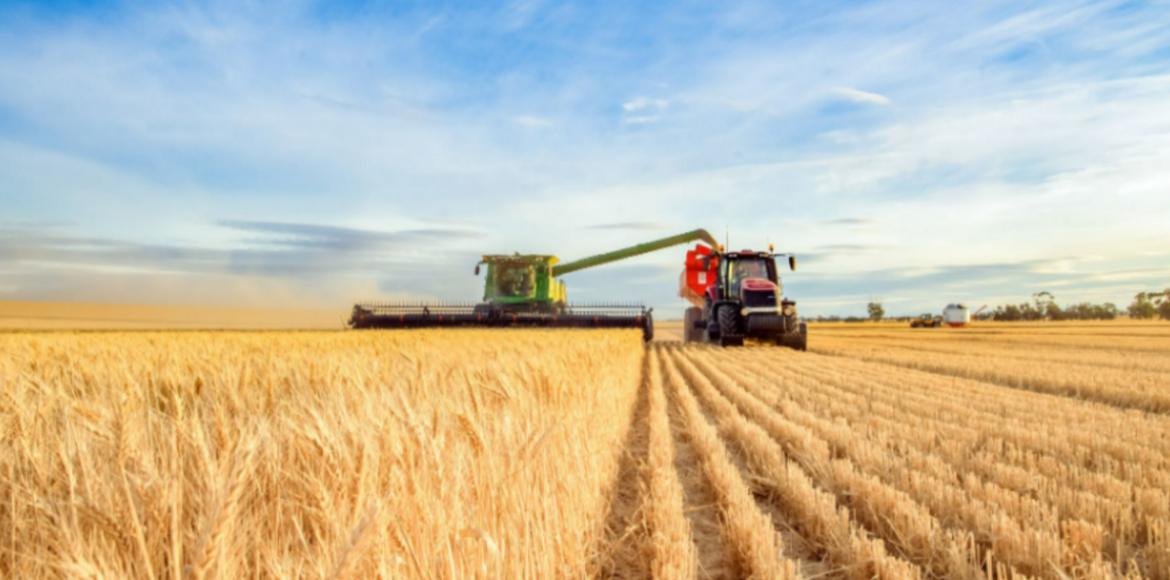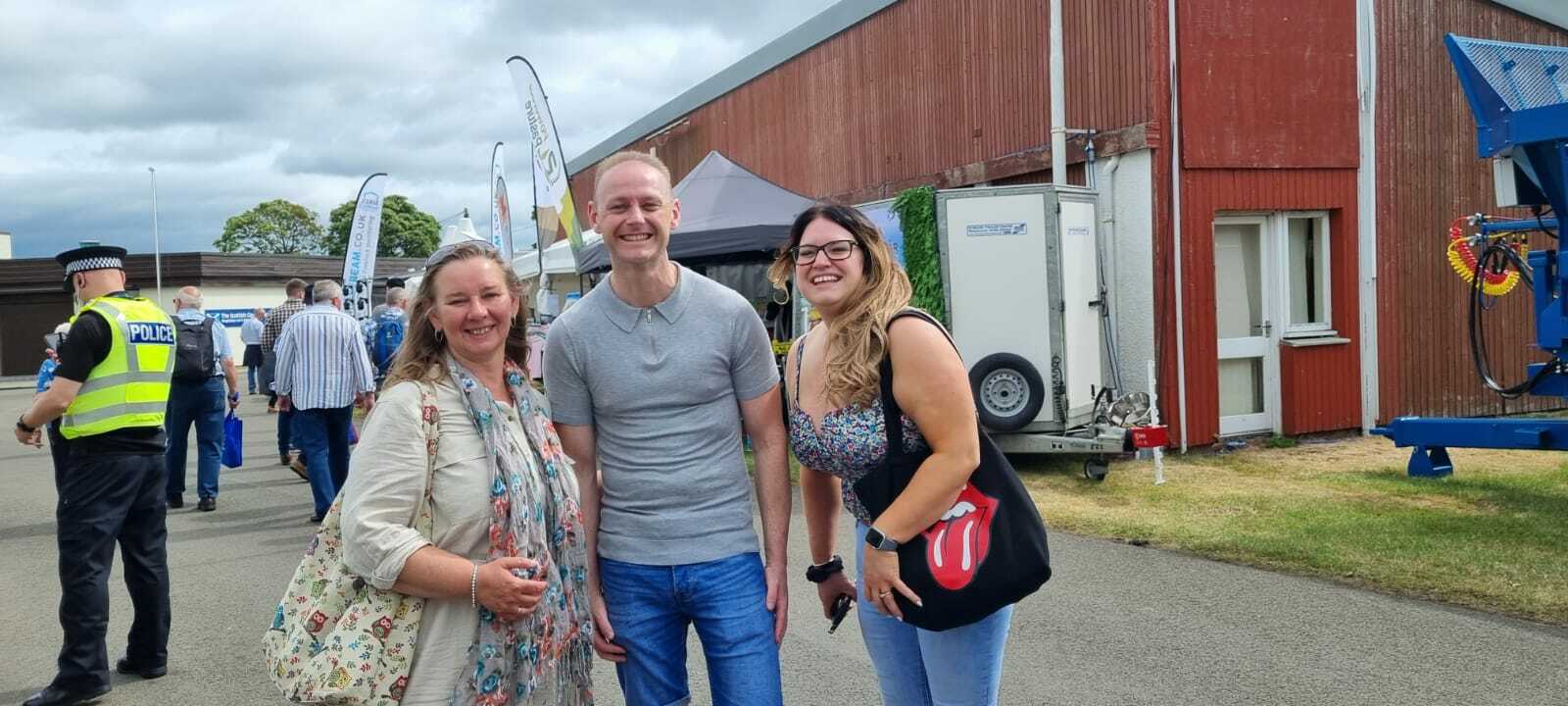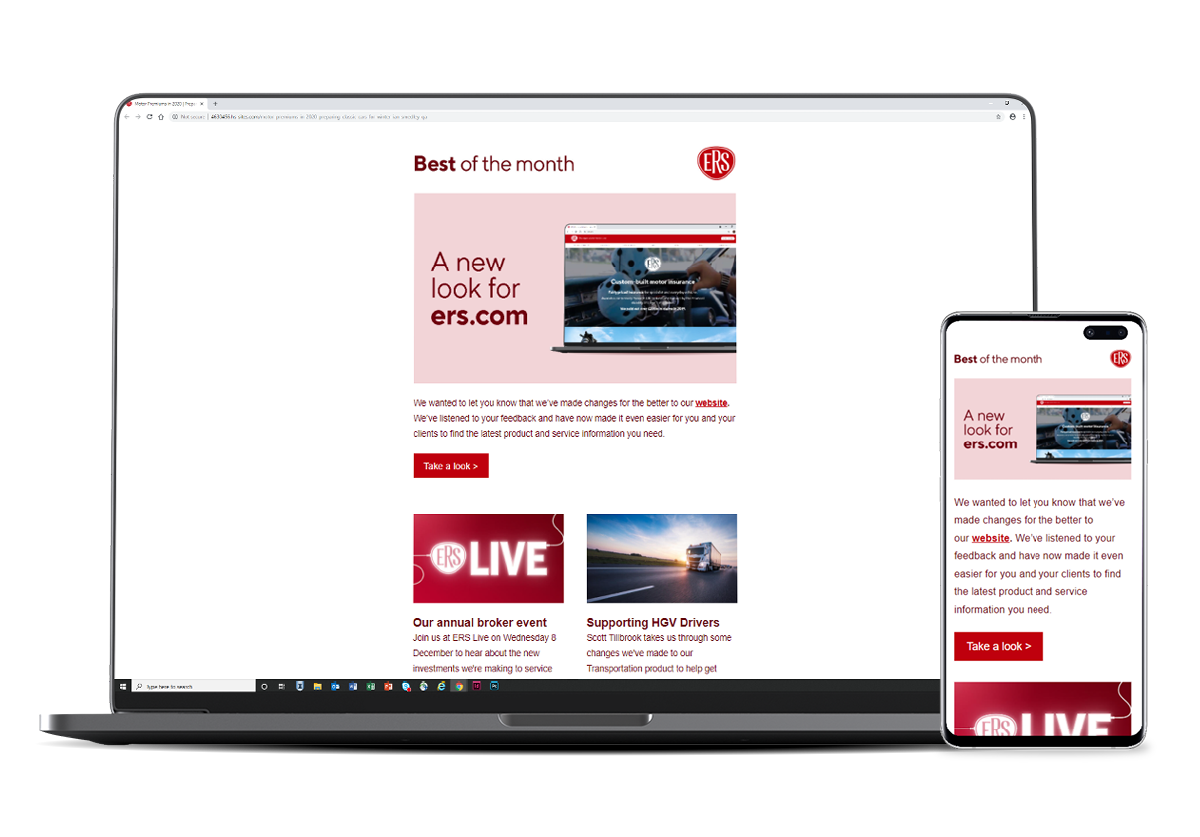The UK agriculture sector is richly diverse and differs significantly from region to region. From an insurance perspective, it pays to have a local presence – to support the brokers local market and better understand their rural clients’ regional needs and concerns.
We recently sat down with our team of Regional Trading Underwriters to learn about the trends they’ve observed and where they see the opportunities lie for brokers as farms and rural businesses emerge from a year of lockdowns and disruption…
Firstly, why do you think it’s important for the agri team to have a regional presence?
Millie Lamden-Kerr (South West): "Knowledge of the local landscape of the region is vital for understanding the sort of rural businesses you’re likely to come across, their needs and their risk profiles."
Sam Linton (North): “Building long term relationships with our broker partners is so important, it’s a partnership, and by us being local and having that regional knowledge and insight, we can be more informed and quicker with our responses to ensure we’re offering the right level of cover for the individual risk.”
Matt Evans (Wales): “In a country like Wales, that has its own language, it’s helpful for things like pronunciation – making sure you get the client’s name and locations right from the get-go.”
Graeme Sutherland (Scotland and Northern Ireland): “Sometimes new brokers will literally put this to the test and throw local names at you to see if you’re familiar with them. But there’s a good reason for doing so, and that’s that a lot of city-based insurers don’t understand how to rate risks in rural or distant areas. Having a regional presence helps us to better visualise the risk, as well as spotting emerging trends earlier – for example, vehicle thefts reported in a local newspaper."
Speaking of trends, what have you been seeing within the agri sector recently?
Matt: "Pre-Covid, we were starting to see more Welsh farms opening up their own farm stores. When these were forced to close due to the pandemic, some farms shifted their produce online and started doing local deliveries. It’s not clear whether they’ll keep this up now they have reopened, but it’s a great example of how adaptive businesses are within our sector, and why it’s important that our policies are flexible enough to cater for changes in how agri businesses use their vehicles."
Sam: "I’ve seen a number of small-to medium-sized family-run firms that are diversifying in ways that allow the individual family members the chance to do their own thing. So the parents might do the bulk of the farming, while the son runs a campsite and the daughter sets up a micro-distillery. It’s like a series of separate businesses all under the family umbrella that all need motor insurance policies that they can individually rely on."
Millie: "A lot of farmers are using contractors with their machinery for harvest and I am seeing more farmers let out their land rather than farm themselves. In other cases, farmers are buying in crops and produce as they don’t have the land to cater and keep up with all the different emerging dietary trends. For example, there has been a big rise in gluten-free flours and alternative milks such as oat milk!"
One issue being talked about a lot at a policy level is sustainable farming and land management. Is this translating into changes in how rural businesses approach their work?
Sam: "One trend we’ve seen in recent years is that farms are opting for vehicles and equipment that are multi-purpose. For example, some of the telehanders on the market are pretty pricey, but they can be put to use on sustainability projects as well as core farming operations."
Millie: "We’re one of the only agri insurers in the market that offers unlimited cover for these high value machines. Most insurers don’t have the appetite and so they’ll cap the cover at a certain level."
And what would you say are the biggest market opportunities for agri brokers today?
Matt: "There are huge opportunities to diversify, but Welsh brokers have been held back by insurers, most of whom have a very narrow appetite when it comes to agri business. In contrast, we’re interested in all rural risks with an agricultural lilt to them. In Scotland and Wales, a good example is golf courses. For some brokers, expanding their customer reach can take a while to get your head around so it may be that tourism is the more logical place to start given that more and more farms are now providing tourist amenities."
Millie: "More broadly, I can see agricultural farming continue to grow. Ultimately, we all need feeding, and one of the things we see time and time again in our sector is an ‘adapt or die’ mentality. Farmers will change what they do when demand or survival necessitates it, and we’re going to need twice as much food to support the rising global population."
Finally, why does ERS’s regional approach to underwriting make it a strong partner for agri brokers right now?
Graeme: "For me, it’s all about service levels. We’re always striving to get head of curve – whether that’s starting work on renewals earlier than the competition or getting terms back to brokers within hours rather than days. Not only that, but we can actively help brokers diversify, giving them the knowledge and expertise to target a wider variety of rural businesses in their local area."
Sam: "We are a motor-only specialist and we don’t have to answer to a ‘big boss’, meaning we can be more flexible in what we can offer. I’ve had three calls in the past week involving farms that have diversified and insurers that have reacted badly or been unable to make the needed mid-term policy adjustments. We can come to a brokers’ rescue in this scenario because we have a better understanding of the vehicle implications of diversification."
Millie: "I find that a lot of my new biz enquiries involve brokers who have never really known where to place the risk previously. So many of our competitors write farm combined policies, causing them to narrow their appetite. For instance, it can be difficult to place equine, contractors or groundwork risks with a connecting combined. These are risks well within our parameters and we do not shy away from them as we are specialists in wheels."
Matt: "Our local regional support approach counts for a great deal in a sector where people still want personal relationships and face-to-face connections."
If you have any questions on Agriculture motor insurance, or are looking for support please contact our specialist team on agriculturequotes@ers.com






